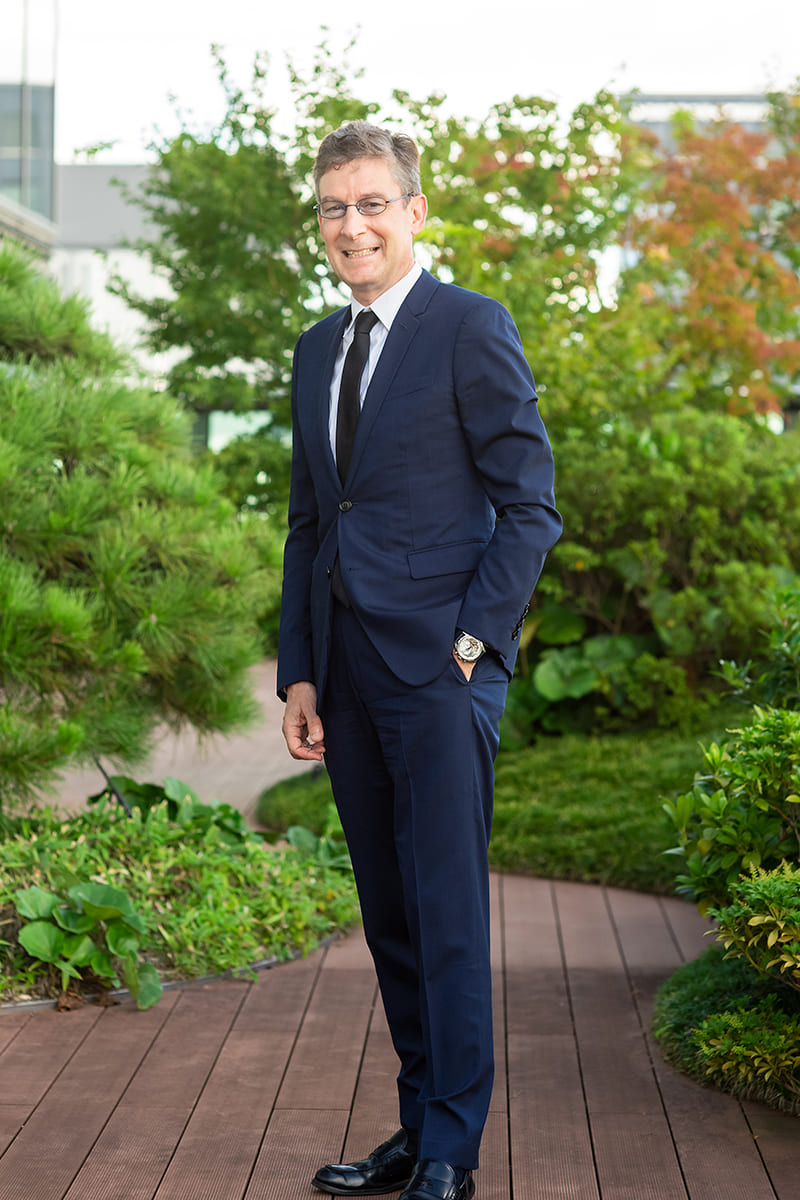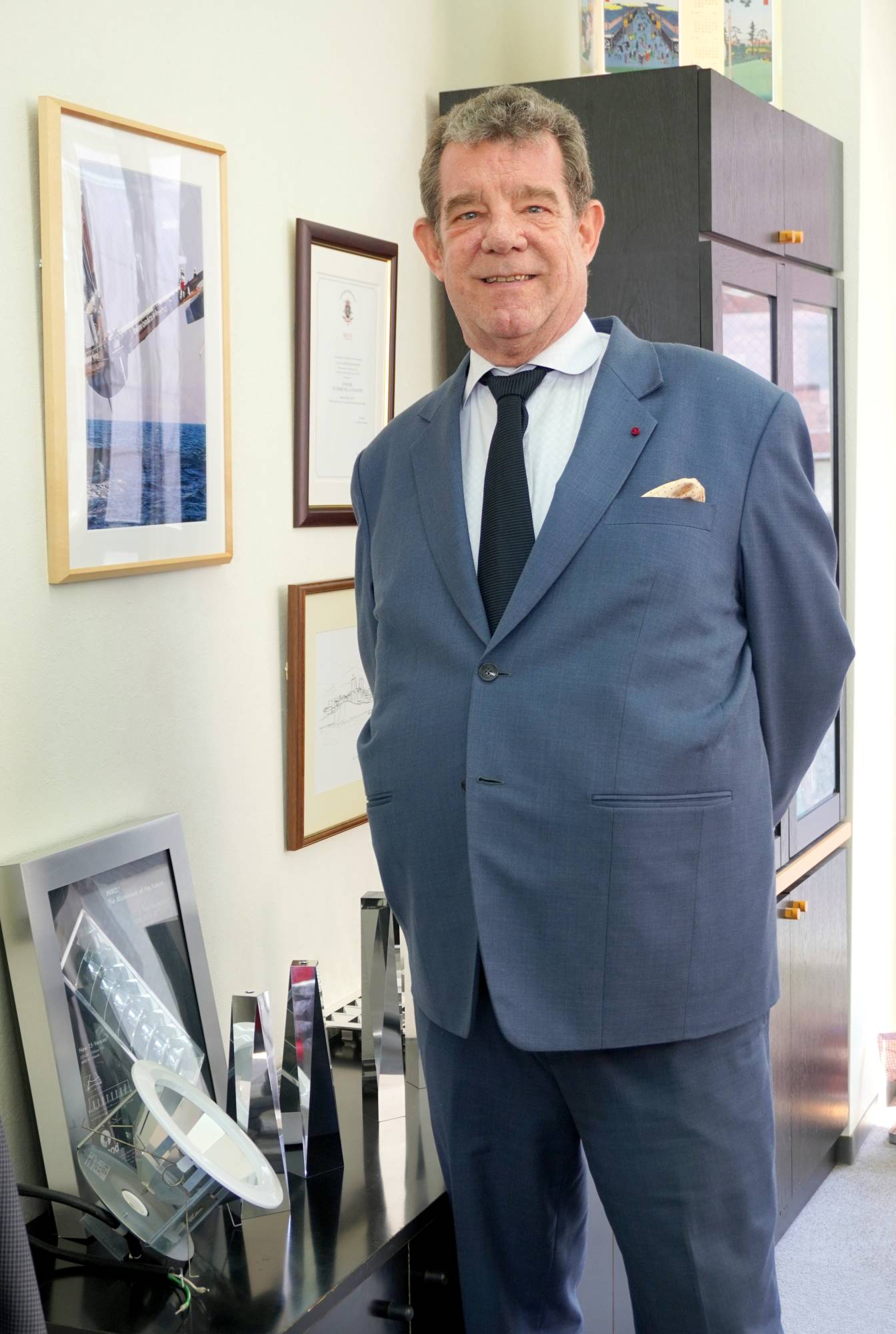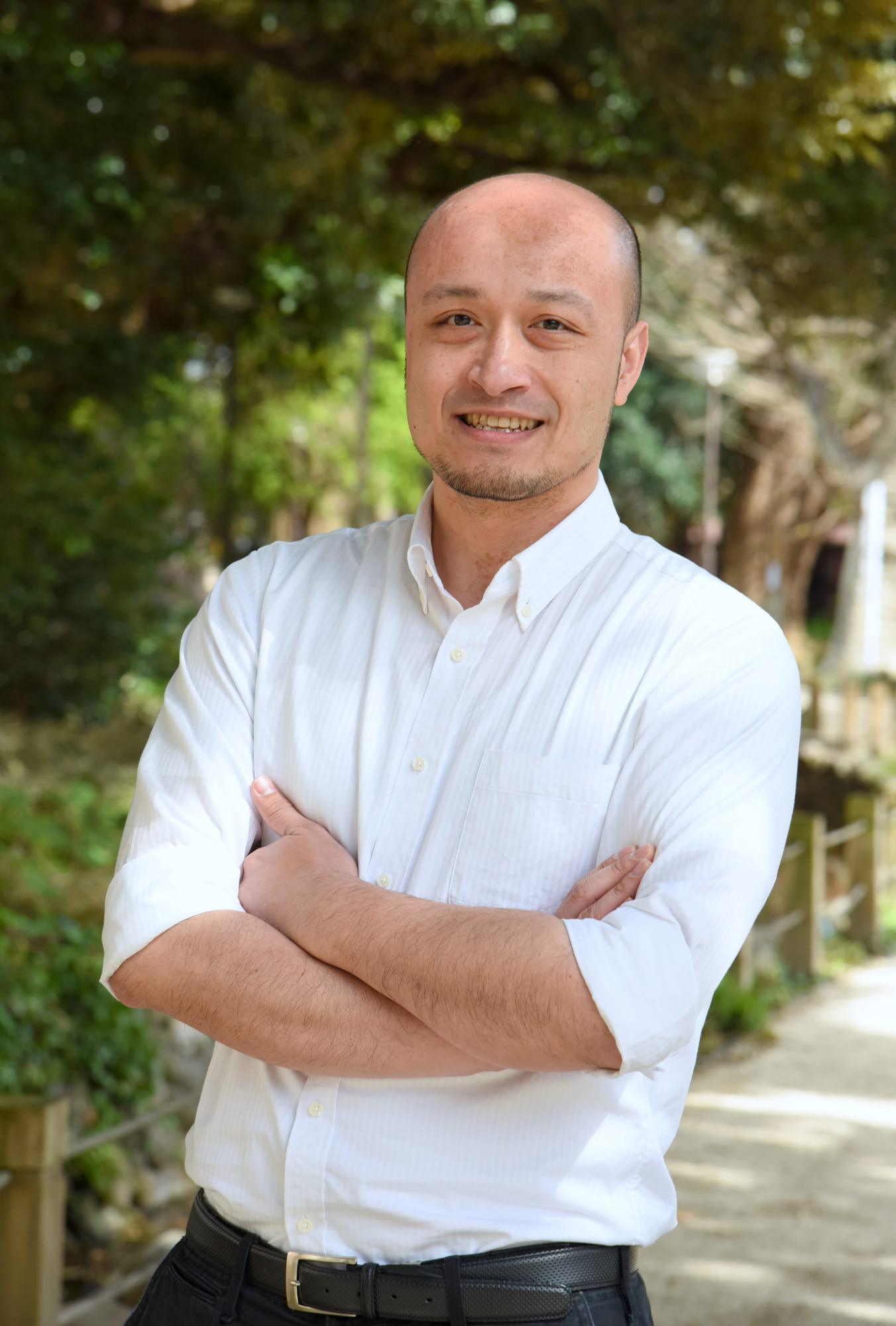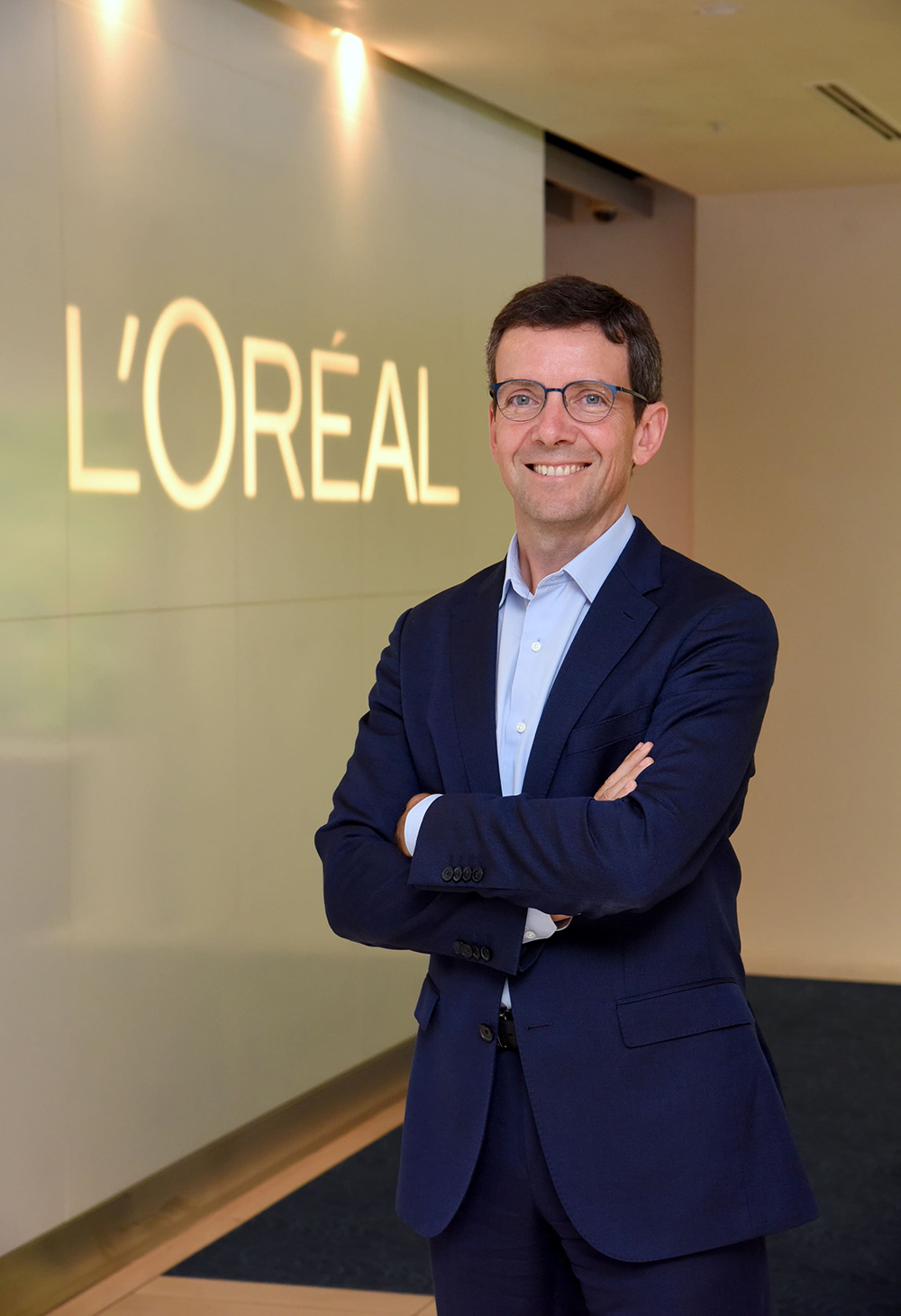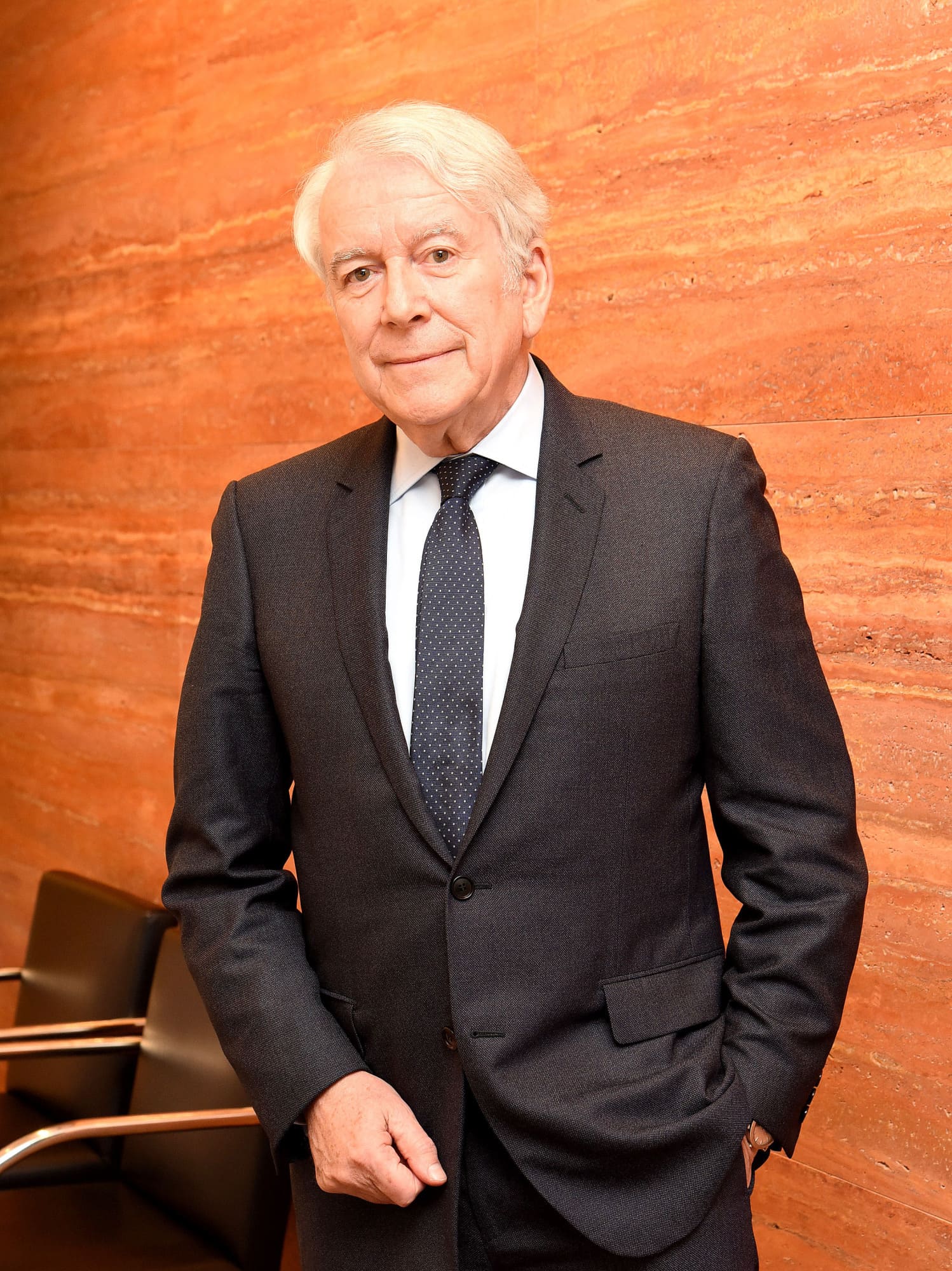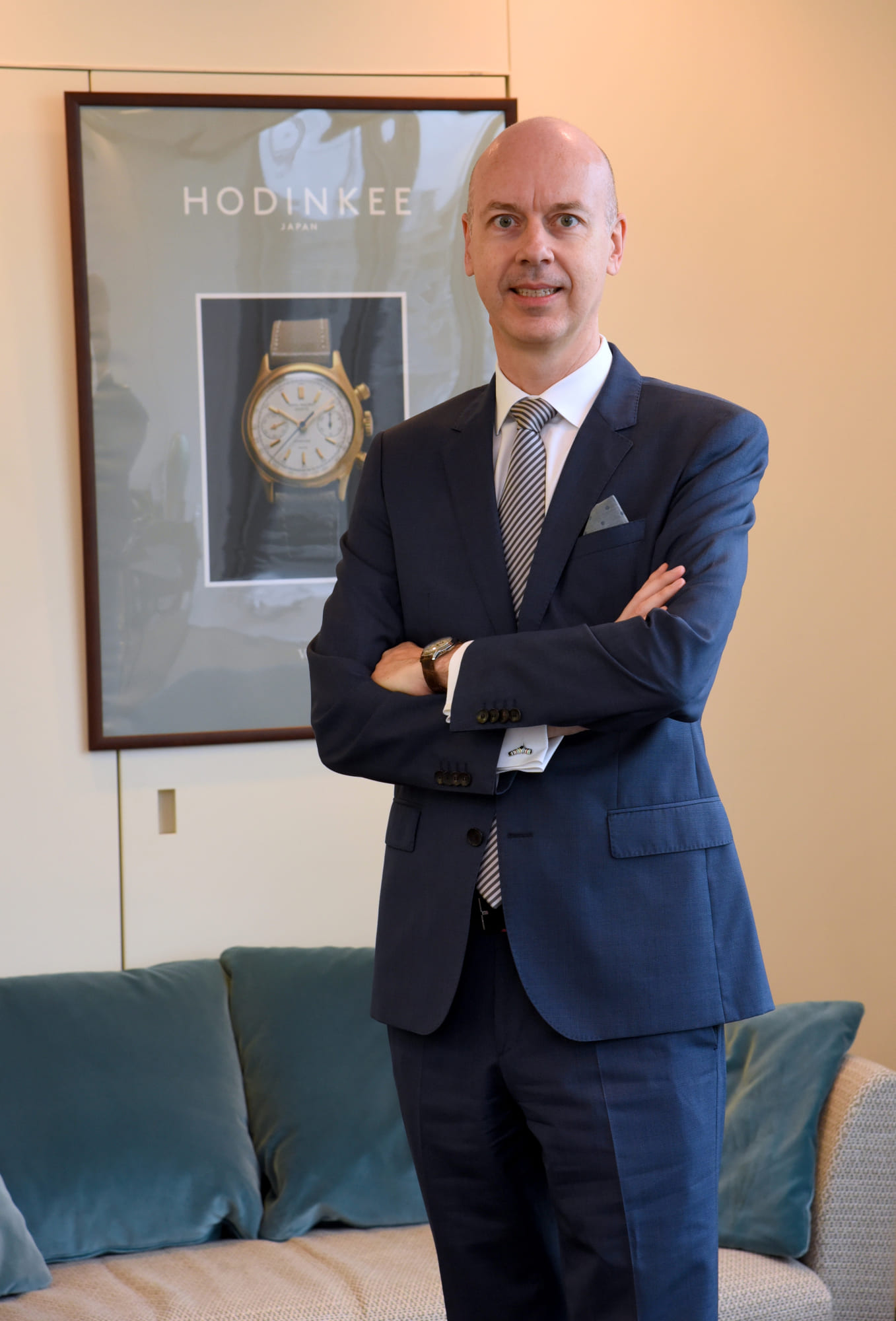
January 19, 2020
New opportunities sown from the need to evolve
CEO Nicolas Floquet on the changes, trends in Japan’s publishing industry
BY LOUISE GEORGE KITTAKA
CONTRIBUTING WRITER
- Name: Nicolas Floquet
- Title: Representative Director and CEO, Hearst Fujingaho
- URL: https://www.hearst.co.jp/aboutus/(language)/eng-US
- DoB: Jan. 12, 1974
- Hometown: Reims, France
- Years in Japan: 17
Having lived in Japan since 2002, Nicolas Floquet feels integrated and comfortable in this country he considers home. He appreciates the mix of respect for tradition while embracing modernity — values echoed in the corporate culture at Hearst Fujingaho where Floquet has served as representative director and CEO since April 2018.
Floquet had his eye on an international career from early on, entering business school in France at the age of 18, a year ahead of his peer group, before moving on to pursue an MBA in Connecticut in the U.S. At 20, he was the youngest student in his MBA program. He grinned as he recalled attending networking events with his classmates where alcohol was served only to be ordered to leave because the legal drinking age was 21.
The idea of working abroad appealed to the young Floquet and Latin America initially captured his imagination. Following internship opportunities that took him to Mexico and Argentina, he began his full-time career in a corporate finance position in Venezuela, where he spent two years.
Feeling a need to evolve, Floquet then returned to France to weigh up options for his next move. “It needed to be a place I liked and where you could have great career opportunities,” he said. “At first I was attracted to Arabic countries, but the problem is that the oral language varies a lot from one country to another. For example, Morocco and Syria are different. So then I turned to Japan. I had been there as a tourist and I liked it.”
After studying at a language school for six months, Floquet was ready to enter the Japanese corporate world. Following a brief stint in the apparel industry, he joined Hachette Fujingaho in 2004, which was owned by a French publisher at the time. He has witnessed great change in the Japanese magazine publishing sector over the past 15 years and is proud of how the company has worked to keep pace with industry trends.
“When I joined the company we were primarily a publishing firm, as 99 percent of our revenue was coming from magazines. Now the revenue is 50 percent from print and 50 percent digital.” Floquet adds that the company continues to enjoy annual growth, making it something of an anomaly in the publishing industry.
While the popular narrative for the publishing industry pits print against digital, Floquet says this is no longer the case for his firm. “We are a content production company and we constantly distribute content over various platforms. Of these, print is the most luxurious, but it’s one among other platforms — social media, events, websites, et cetera,” he said. “Consumption of media changes from generation to generation.”
In fact, the company has always been at the forefront of bringing the latest trends to readers, as reflected in the history of its flagship magazine Fujingaho; it launched in 1905, amid the economic boom that followed the Russo-Japanese War.
One of the stalwarts of the Japanese publishing industry in the ensuing decades, Fujingaho has showcased the best of Japanese culture, food, fashion and traditions, while also reflecting international trends.
Floquet also commented on a corporate culture of proactively seeking out new opportunities. “From the 1950s, the company has been one of the leading creative players in the industry. They launched the first (Japanese) men’s magazine, and the first interior design magazine. It was always creating new products and formats.”
According to Floquet, Hearst Fujingaho is in a unique position as one of the few international companies in the print and content media sector in Japan, producing local content for the domestic market. Having strong connections with both the U.S. and France is a huge boon for the Japanese side. “Our head office is in the U.S., where Hearst is a diverse and huge media company with 132 years of history. Most of the innovations are coming from the U.S. market, so it is a big strength for our company to be connected with the U.S.,” Floquet said.
Floquet adds that having been under French ownership from 1999 to 2011, when Hachette sold the company to Hearst, the Elle brand has a fleet of titles celebrating France’s fashion, food and culture. These are currently licensed to Hearst Fujingaho, which he says is still a great strength. “The French lifestyle is very attractive to the Japanese customer.”
In fact, this appreciation for the finer things in life is one aspect of Japanese culture that really appeals to Floquet. “Basically, it’s the way Japanese people appreciate nice things. This aesthetic sense of how they appreciate beauty — from architecture, to interior design, to food and more,” he said. “And I think typically people are very passionate and deep into their interests. If you are curious — and I think I am — you can find many different experiences (here).”
Looking ahead, Floquet hopes to see Japan make progress in terms of sustainability. He points out that while Japan is a world leader in many ways, it is relatively new to the broad topic of integrating sustainability into daily life. The firm is striving to reduce its own environmental footprint with various initiatives and recently created the role of sustainability manager.
Floquet believes the publishing and media industry can help raise awareness of sustainability issues among readers. “We cannot be too heavy. But even though we are more about entertainment, we can play a role,” he said with a smile.
Key roles in business, general management
Nicolas Floquet earned an MBA from the University of Connecticut in 1995. After arriving in Japan in 2002, he initially worked for an apparel firm before joining Hachette Fujingaho (now Hearst Fujingaho) in 2004. He has played a leading role in launching and developing the firm’s e-commerce and customer relations management businesses. After serving as CFO, he became managing director in March 2007 and has been primarily involved in general management with a focus on e-commerce and advertising. He assumed his current role in 2018.
In his spare time, Floquet enjoys yoga and reading, and is a keen traveler. Italy is his favorite international destination, while Hokkaido tops his list in Japan. He has also been guided in his career by principles inspired by French poet Arthur Rimbaud.

